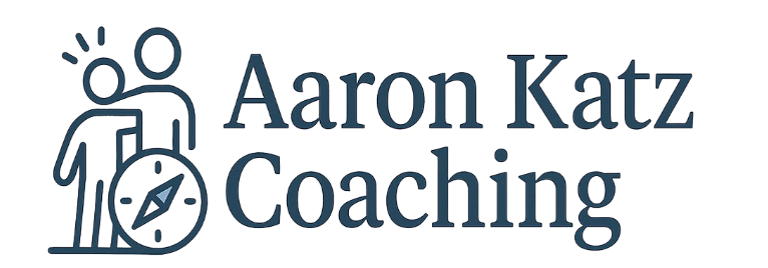GenZ Says Hybrid > Remote
GenZ values time in the office as a way to grow.
Aaron Katz
8/13/20252 min read


A recent Gallup study found that only 23% of Gen Z workers want to be fully remote—far fewer than older generations. They still want flexibility. However, they are acknowledging that the fastest way to grow isn’t behind a screen—it’s by being in the room.
For early-career professionals, the office isn’t just a place to work—it’s a live training ground. You can see how leaders handle tough conversations, practice reading the room, and see behaviors modeled in a way that Zoom can't match. These micro-lessons—tone, timing, body language, influence—are the building blocks of leadership. And they’re things AI can’t teach you.
At the same time, Gen Z is entering a job market where AI is already reshaping the entry-level. Gen Z is wisely leaning into growth-mindset roles—jobs that emphasize learning, mentorship, and skill-building—rather than simply chasing the biggest salary or title right away.
By seeking out environments where they can watch, practice, and get feedback, they’re future-proofing their careers in two ways:
Skill acquisition—picking up human skills that AI can’t easily replicate.
Visibility and relationships—earning trust and building networks that make them more resilient in a shifting market.
AI is changing the tasks that define junior roles, but the behaviors that define great leaders remain human. Your long-term advantage comes from pairing AI fluency with the human skills—judgment, communication, empathy—that set you apart.
TAKE ACTION: Run a 30-day “Hybrid Advantage Plan.”
Pick one in-person day each week and pre-plan it around learning ROI:
Schedule a 20-minute 1:1 with a senior teammate for skill coaching
Shadow a meeting and volunteer to synthesize decisions
Deliver one tangible artifact (brief, dashboard, checklist) that uses AI to speed the manual work you do
Repeat weekly for four weeks, track outcomes, and share a one-page recap with your manager. This blends what the market rewards right now: human-in-the-loop impact + a demonstrated track record of growth and learning.
Bottom line: AI is changing the tasks that define junior roles, but the behaviors that define great leaders remain human. Your long-term advantage comes from pairing AI fluency with the human skills—judgment, communication, empathy—that set you apart. In-person time is where leadership instincts are built.
Aaron Katz Coaching
Guiding young professionals to career success.
Get In touch
aaron@aaronkatzcoaching.com
(508) 501-8892
© 2025. All rights reserved.
